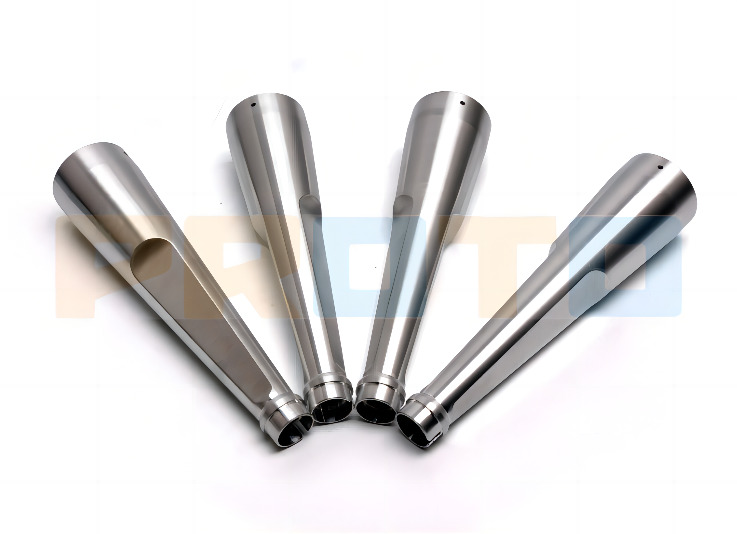Machined parts are an essential component in any mechanical engineer, buyer’s, or designer’s production process. The cost of the parts can vary depending on factors such as the type of material used, the complexity of the design, and the quantity of the parts needed. As a result, accurately evaluating the price of machined parts can be challenging. In this guide, we’ll provide you with some useful tips on how to evaluate the price of machined parts accurately.

To accurately evaluate the price of machined parts, it’s crucial to have a clear understanding of the part design. The complexity of the design can significantly affect the production cost of the parts. Also, the type of materials used can increase or decrease the price of the machined parts. Understanding your part design and the materials required for its production can help you better evaluate the price of the machined parts.
The production method used also determines the price of machined parts. The two primary production methods include CNC (Computer Numerical Control) and manual machining. CNC machining is the more efficient and precise method, but it costs more. Manual machining, on the other hand, is less precise but costs less. To evaluate the price of machined parts accurately, consider the production method used and its associated cost.
The quantity of machined parts you require also plays a critical role in determining the price per unit. When producing machined parts in bulk, the production cost usually reduces per unit. However, producing single units or smaller quantities results in higher per-unit cost. If you are looking to evaluate the price of machined parts, it’s vital to consider the required quantity and the costs associated with it.
The type and quality of the material used for producing machined parts also play a significant factor in determining the price. Common materials used for machined parts include aluminum, brass, copper, plastic, and hardened steel. The price of these materials varies, with some more expensive than others. We recommend researching the materials required for your part design and comparing the prices across different suppliers to get the best deals.
The supplier you choose to produce your machined parts can also significantly impact the price. Some suppliers may have higher production costs than others depending on factors such as location, technology, and labor costs. Therefore, we recommend doing some research on potential suppliers, obtaining quotes, and comparing their prices to evaluate the prices of machined parts accurately.
Conclusion:
Machined parts are an essential component in the design and production process of mechanical engineering products. Understanding how to accurately evaluate their price is critical for any designer, buyer, or mechanical engineer. Consider factors like understanding your part design, production method, quantity, material price, and supplier selection. Evaluating the price of machined parts can be overwhelming, but with our comprehensive guide, you are now better equipped to handle it.